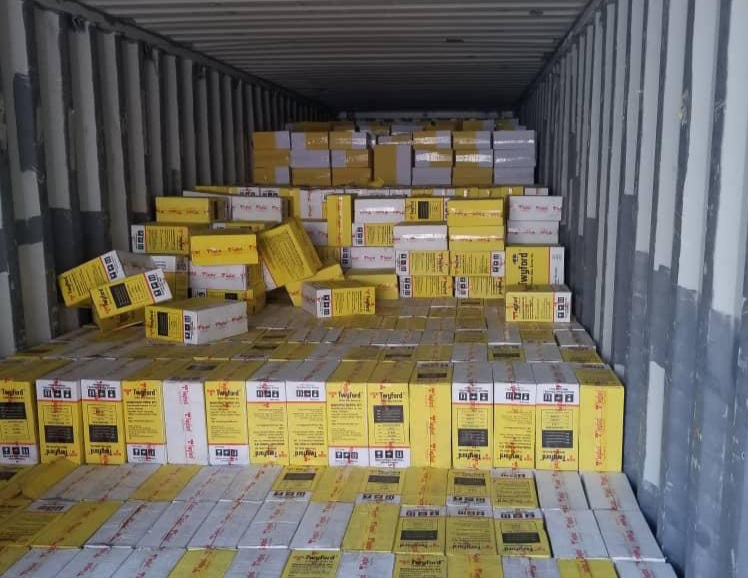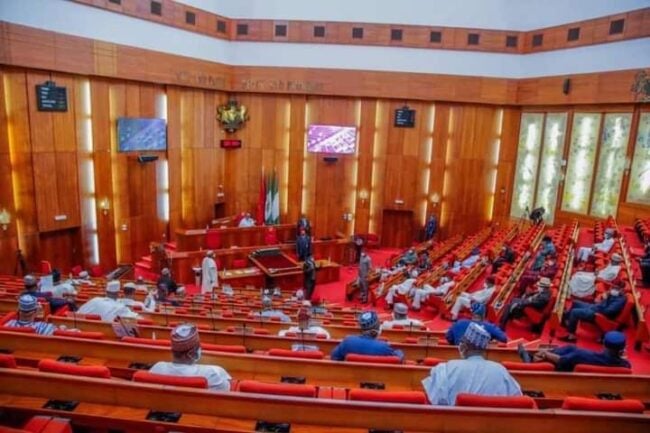Vice-President Yemi Osinbajo says sub-Saharan Africa (SSA) will require an annual investment of $40 billion to develop and implement a robust energy transition plan.
Osinbajo said this at the 7th annual New York-based Columbia University global energy summit on Tuesday.
He said while investments in fossil fuels are being sustained in wealthier countries, banning gas investments in developing nations raised questions around equity, justice and inclusion.
Osinbajo therefore called for a more just, equitable and inclusive global energy transition, especially among developing economies.
Advertisement
He explained that having this in developing economies is central and imperative to the right to sustainable development and poverty eradication as enshrined in relevant global treaties, including the Paris Agreement.
“The global energy transition must be inclusive, equitable and just, taking into account the different realities of various economies and accommodating various pathways to net-zero by 2050,” Osinbajo said.
“Nigeria and countries across Africa are committed to a net-zero future, especially given their vulnerability to the adverse effects of climate change.
Advertisement
“All have expressed commitment to their national development contributions under the Paris Agreement, however greater support in developing and implementing robust energy transition plans is needed.
“Clearly the continent will require an unprecedented scale of investments. An energy mix compatible with a 1.5°C pathway would require 40 billion dollars to flow into Sub-Saharan Africa annually, a fourfold increase compared to the $10 billion invested in 2018.”
Osinbajo said pathways to reaching net-zero by 2050 had to include ending energy poverty first by 2030.
He said if energy access issues were left unaddressed, there would continue to be growing energy demand being addressed with high polluting and deforesting fuels such as diesel, kerosene, and firewood.
Advertisement
Angela Wilkinson, World Energy Council’s secretary-general, during the launch of the world energy issues monitor 2021 in March had said the question of “energy justice” was an issue across the world, adding that “the emergence of a ‘gilet jaune’ movement in the energy sector would be a disaster. Doubly so for Africa.”






